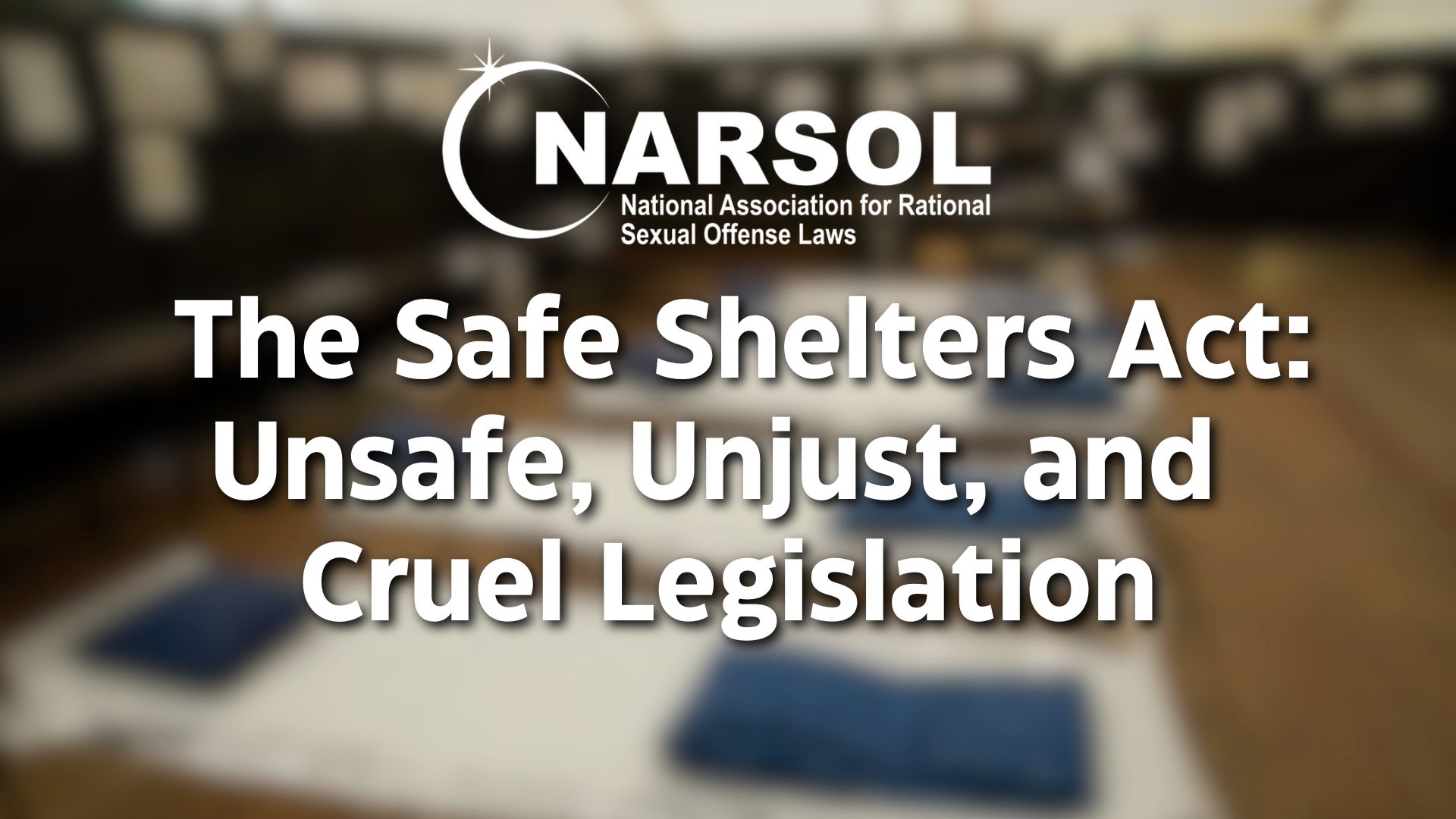Stellar presentation by Chicago 400 wraps up NARSOL’s 2021 conference
 Laurie Jo Reynolds is an artist, policy advocate, and organizer who has spent two decades countering the demonization, warehousing, and social exclusion of people in the criminal legal system. Reynolds currently collaborates with the Chicago 400, formerly incarcerated people who have been forced into homelessness due to housing banishment laws. They are leading an inspiring legislative and public education campaign—premised in unity and solidarity—to challenge all public conviction registries and banishment laws for formerly convicted people. The Chicago 400 Alliance organizational partners include victim advocates, housing advocates, police accountability activists, health and mental health service providers, recovery specialists, reentry organizations, and people of faith.
Laurie Jo Reynolds is an artist, policy advocate, and organizer who has spent two decades countering the demonization, warehousing, and social exclusion of people in the criminal legal system. Reynolds currently collaborates with the Chicago 400, formerly incarcerated people who have been forced into homelessness due to housing banishment laws. They are leading an inspiring legislative and public education campaign—premised in unity and solidarity—to challenge all public conviction registries and banishment laws for formerly convicted people. The Chicago 400 Alliance organizational partners include victim advocates, housing advocates, police accountability activists, health and mental health service providers, recovery specialists, reentry organizations, and people of faith.

In their presentation Laurie Jo; the 400 Alliance’s president Terrance; Steven, sergeant-at-arms in the organization; vice-president Benjamin, and resource director Domingo took us through the challenges and strategies of the Chicago 400 Alliance in community organizing, messaging and framing, and building a broad-based coalition to challenge registry laws and all forms of housing and public space banishment.
They showed us how, through their art, they created a sense of community, strengthened their bonds with each other, reached out to others in order to gain their help, and showed the desperation and the hopes of those forced into homelessness through legislation.



I was on line for the conference and it was outstanding. Everyone did a great job. All the speakers were informative and inspiring. Kathleen H. and Chicago 400 were fantastic!!!
Thank you for letting us join on line. Looking forward to next year. Thanks to all for their hard work in making this happen.
So, this is all well and good. However, how will this have any real impact on the registry or lifetime parole restrictions? Educating legislators is useless. They have their agenda and I don’t know how any of this will address stifling those agendas. Personally I feel like everyone listening to the presentation (those who are in a position to actually change the laws) made their presence known strictly to placate the growing population of registrants and have absolutely NO interest, intention or goal of doing anything to reverse anything regarding the registry.